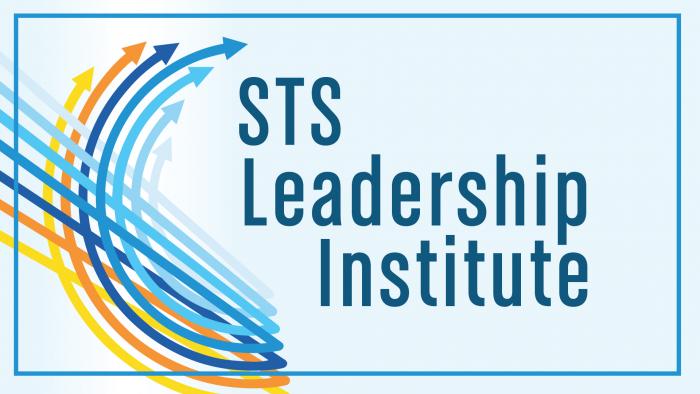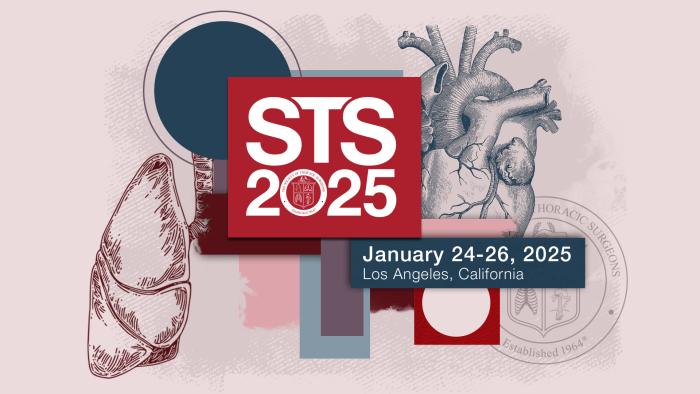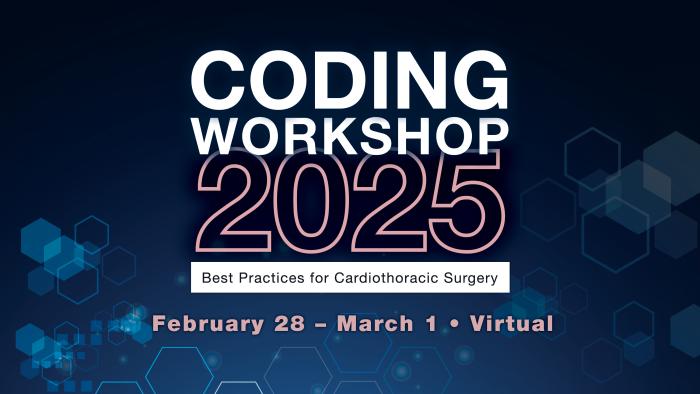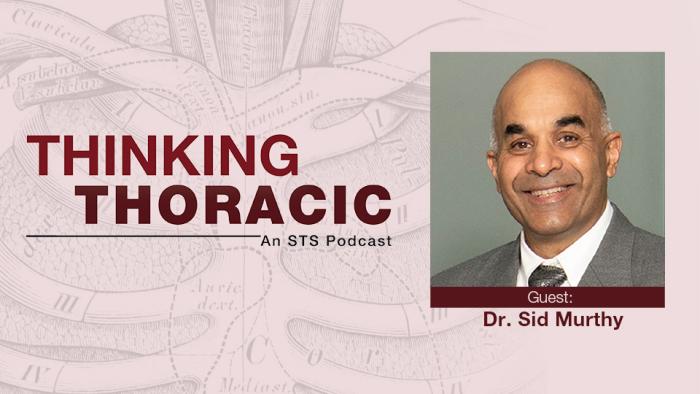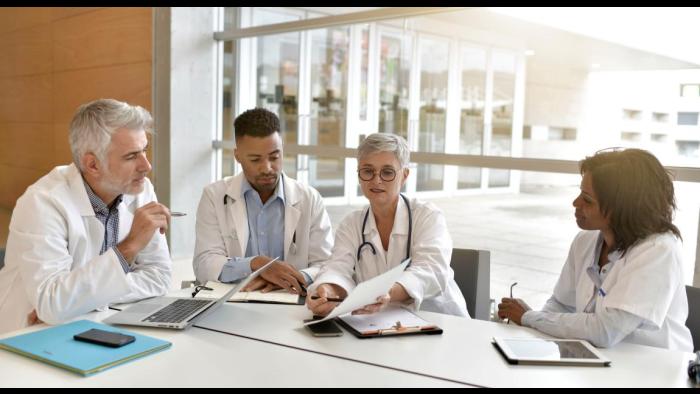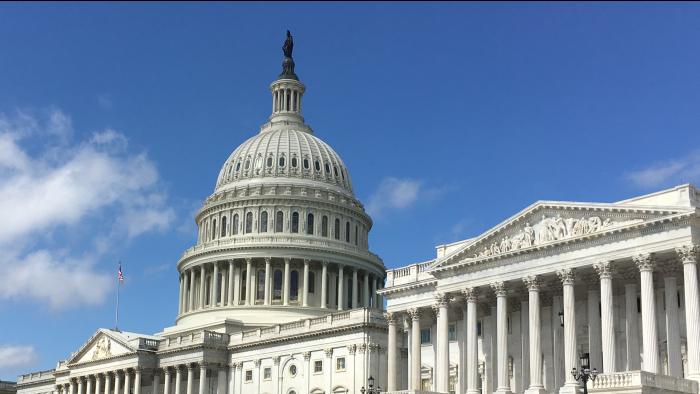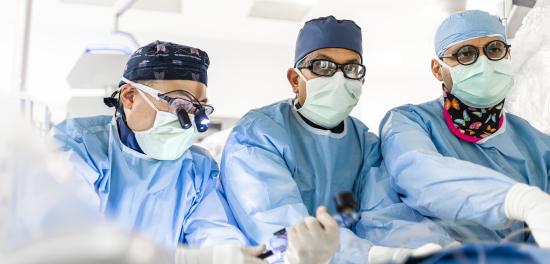Video file
Browse by
Education
Network and stay on the cutting edge of cardiothoracic surgeryView All >
Data & Research
Initiatives and resources to improve quality care for patients
Public Reporting
Institutional performance and national benchmarks for survival, complications, and other measures.
OpenData Access Programs
STS data for quality improvement initiatives, clinical trials, and research
Resources
Essential tools for cardiothoracic surgeons
Clinical Practice Documents and Policies
Improve patient outcomes with guidelines from experienced medical professionals.
View moreNews & Media
The latest from the field of thoracic surgeryView All >
Image

STS News, the Society’s quarterly magazine for members only, brings you the latest CT surgery news, research, stories, and more to help keep you in the know and connected to your peers.
Member Voices

Joseph F. Sabik III, MD
STS Second Vice President
It’s about making sure that patients get the right treatment, so they can have the best long-term outcomes.

Africa F. Wallace, MD
DEI Workforce Member
Our roles as attendings, division chiefs, chairs, coaches, and mentors come with a larger responsibility.

Robert S.D. Higgins, MD
STS Past President
STS was the first place where I was welcomed to be part of like-minded surgeons focused on patients, who improved outcomes, and had a mission.

